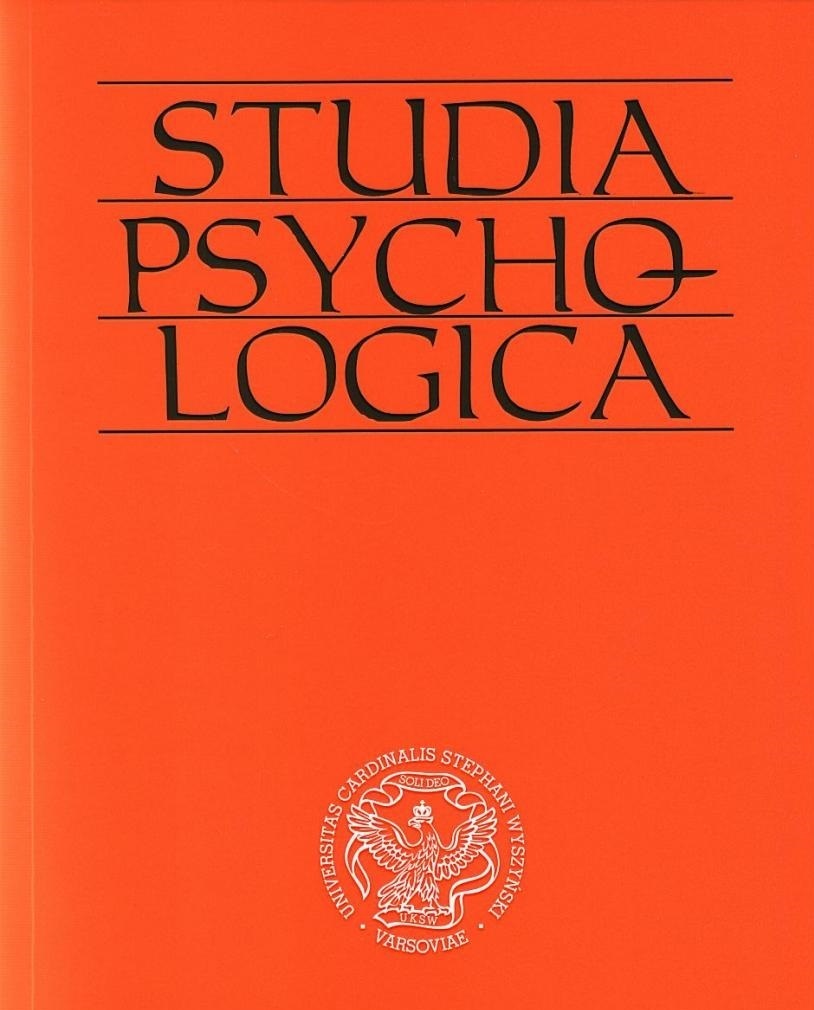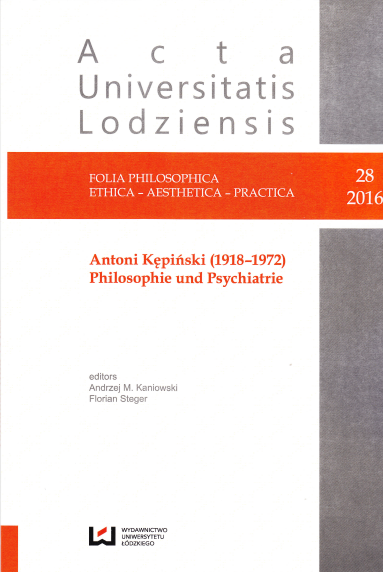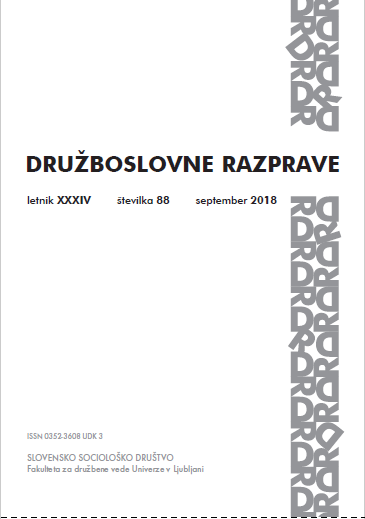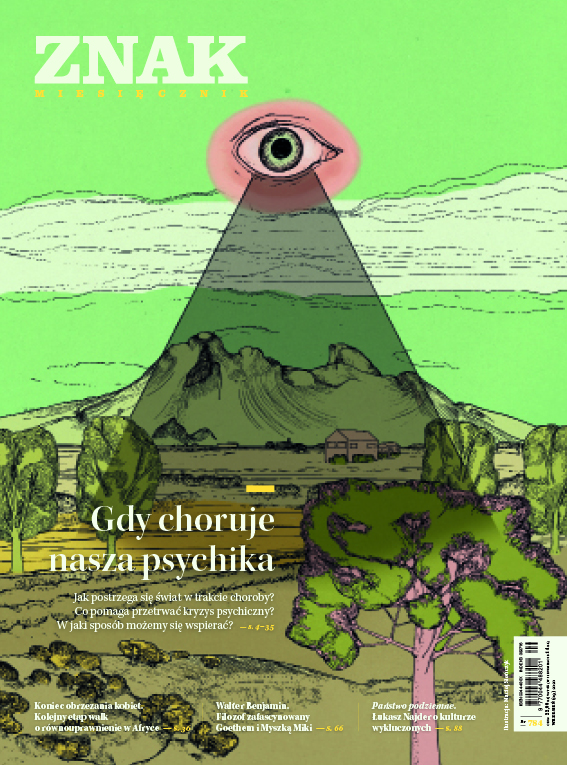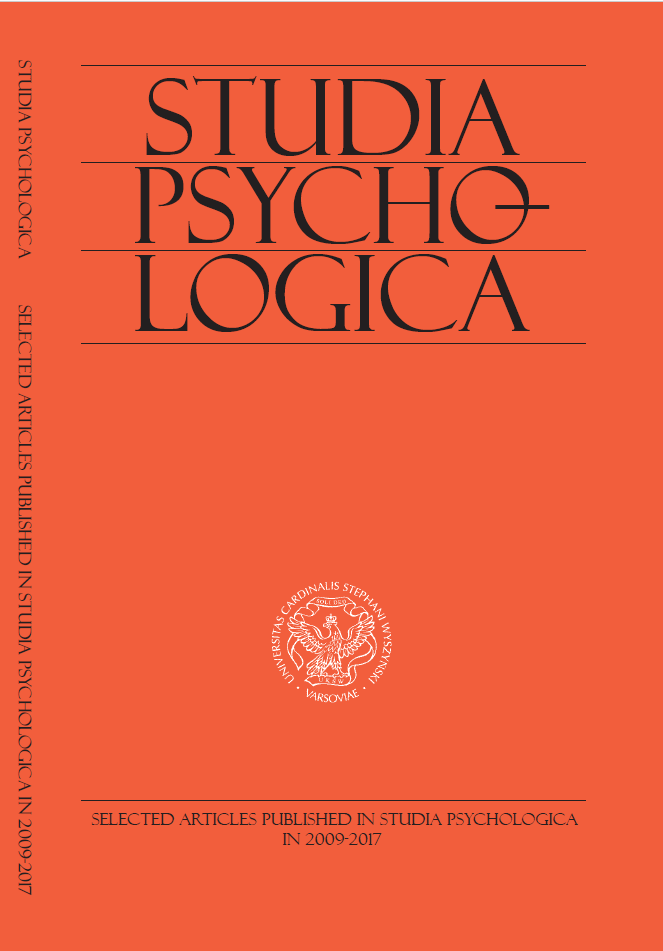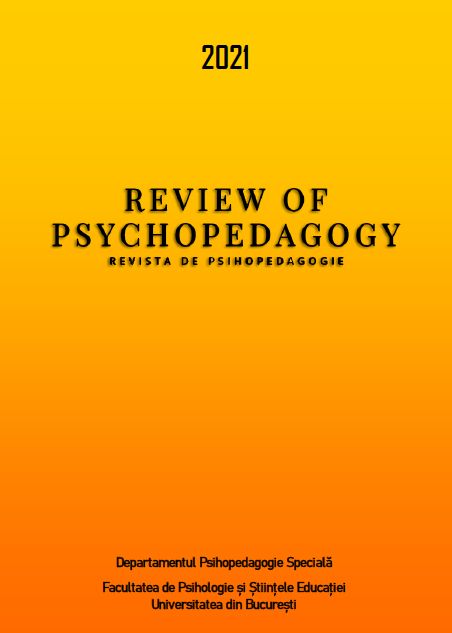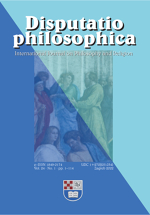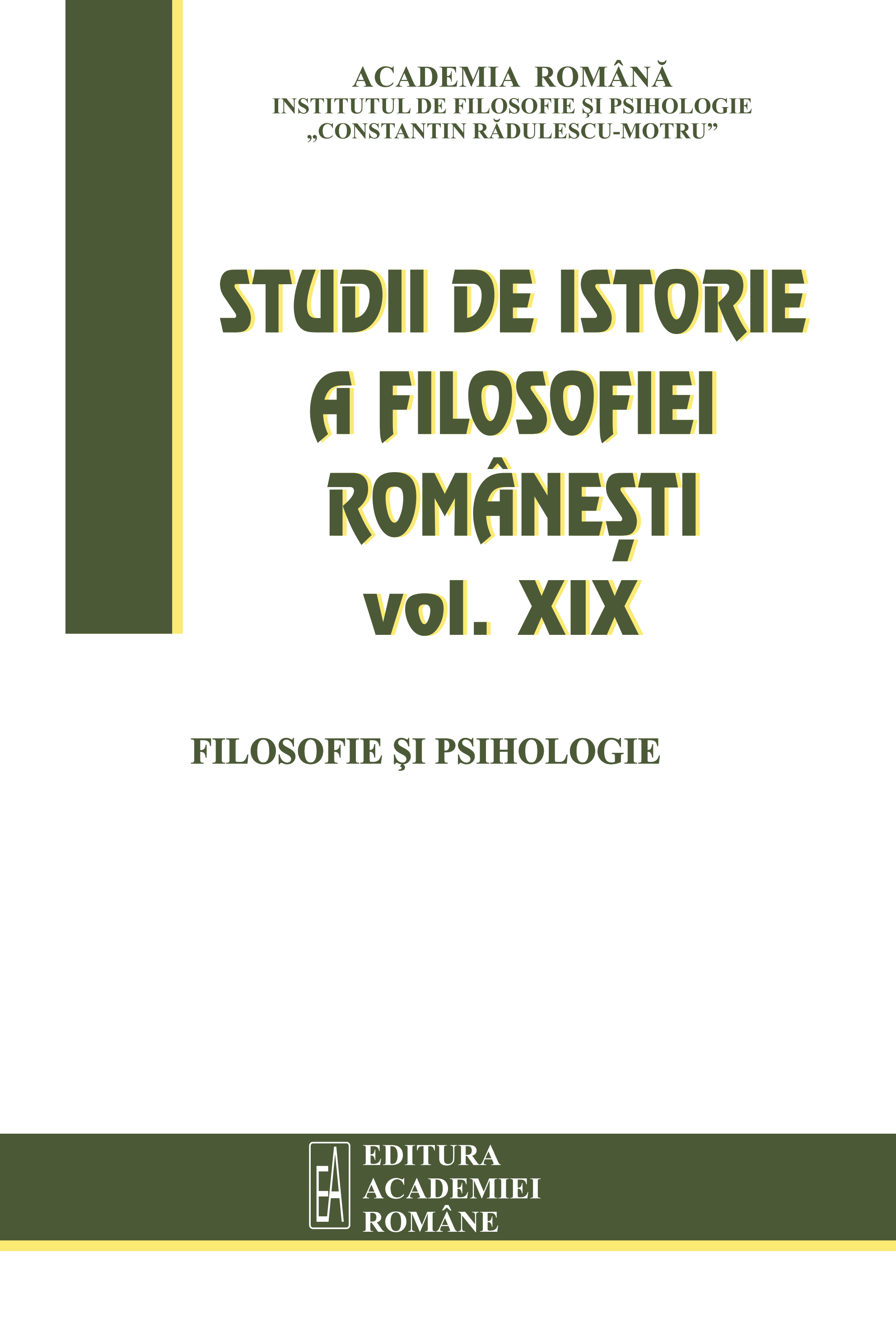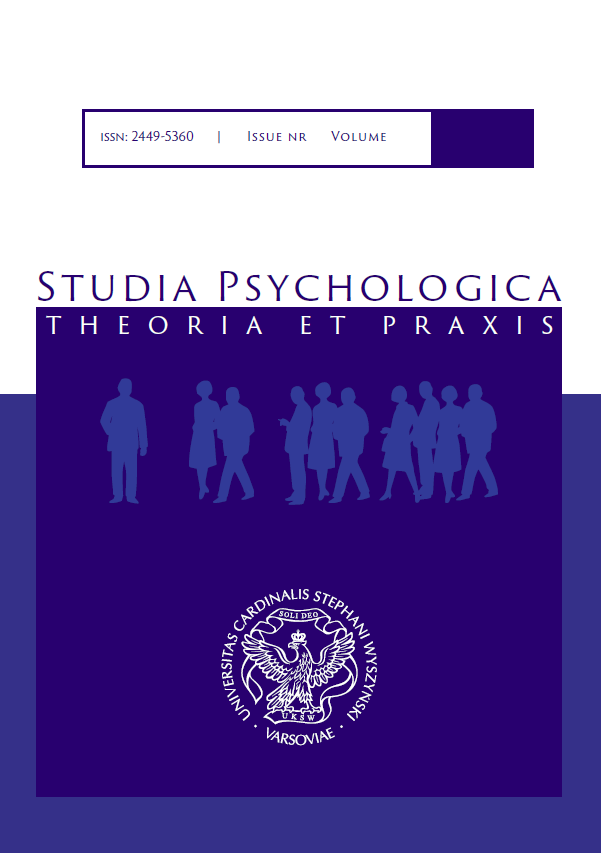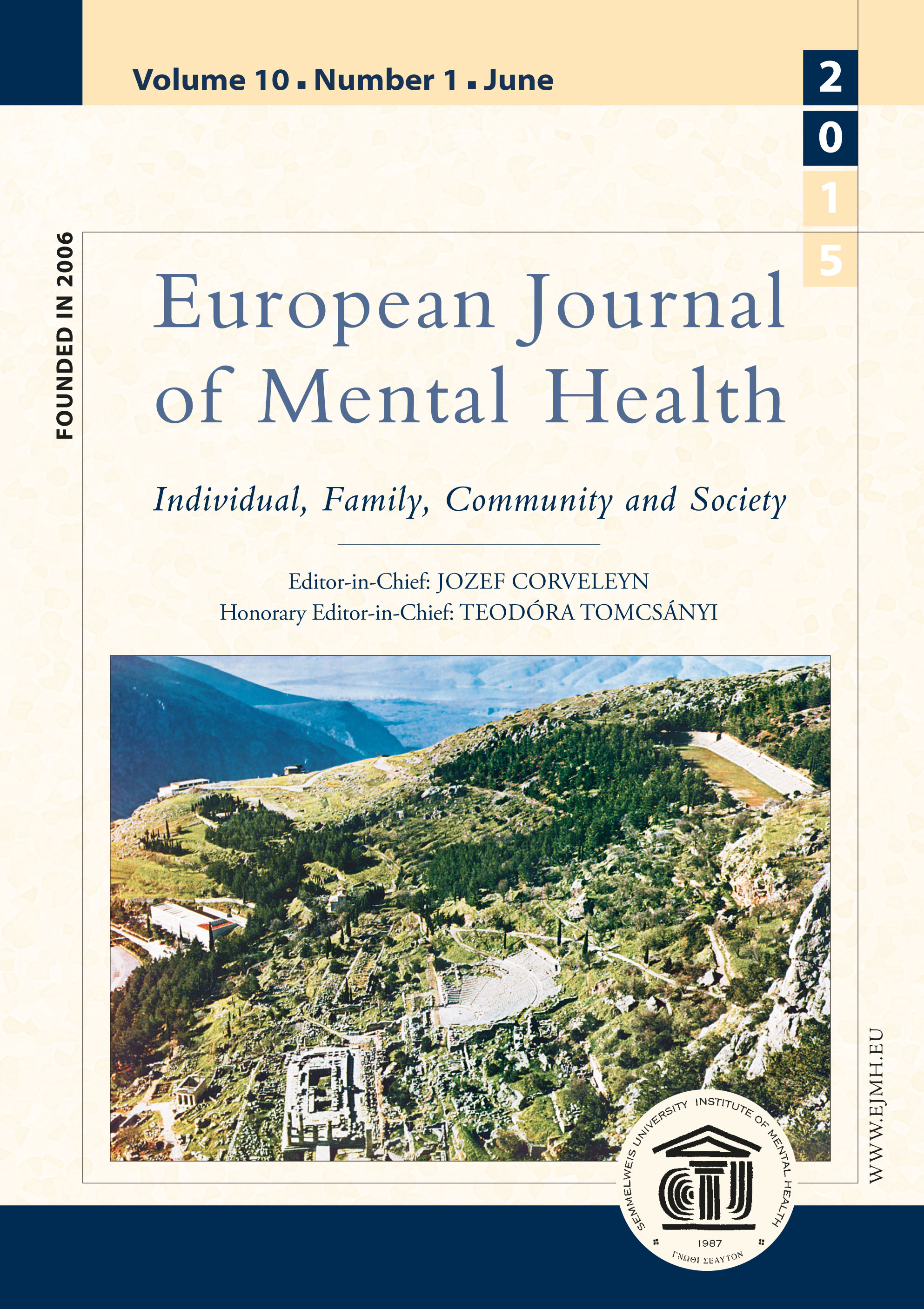
History of Psychotherapy in the Czech Lands
The article covers the history of psychotherapy in the present-day Czech Republic, focusing mainly on the era of the Communist dictatorship which lasted from 1948 to 1989. However, we also investigate how psychotherapy developed before Communism and how the period of totalitarianism is reflected in the present state of psychotherapy in the Czech Republic. Apart from psychotherapy in the narrow sense, we will mention related fields such as psychohygiene, philosophy, religion, development of psychology as a scientific discipline, mental health care, consultancy, etc. In the first part, we describe the history of psychotherapy in Czechoslovakia, which we will divide into five periods: 1. before the Communist putsch in 1948; 2. from the Communist putsch to the late 1950s (severe dictatorship); 3. the 1960s (liberalisation of the regime and a development of civic society); 4. from 1968 to 1989 (a period of the so-called normalisation when the regime strengthens again in the 1970s and weakens in the 1980s); 5. the period after the so-called Velvet Revolution (1989). In the second part, we will briefly address two specifically Czech therapeutic approaches (Mr. and Mrs. Knobloch’s integrated psychotherapy and the SUR training program).
More...
